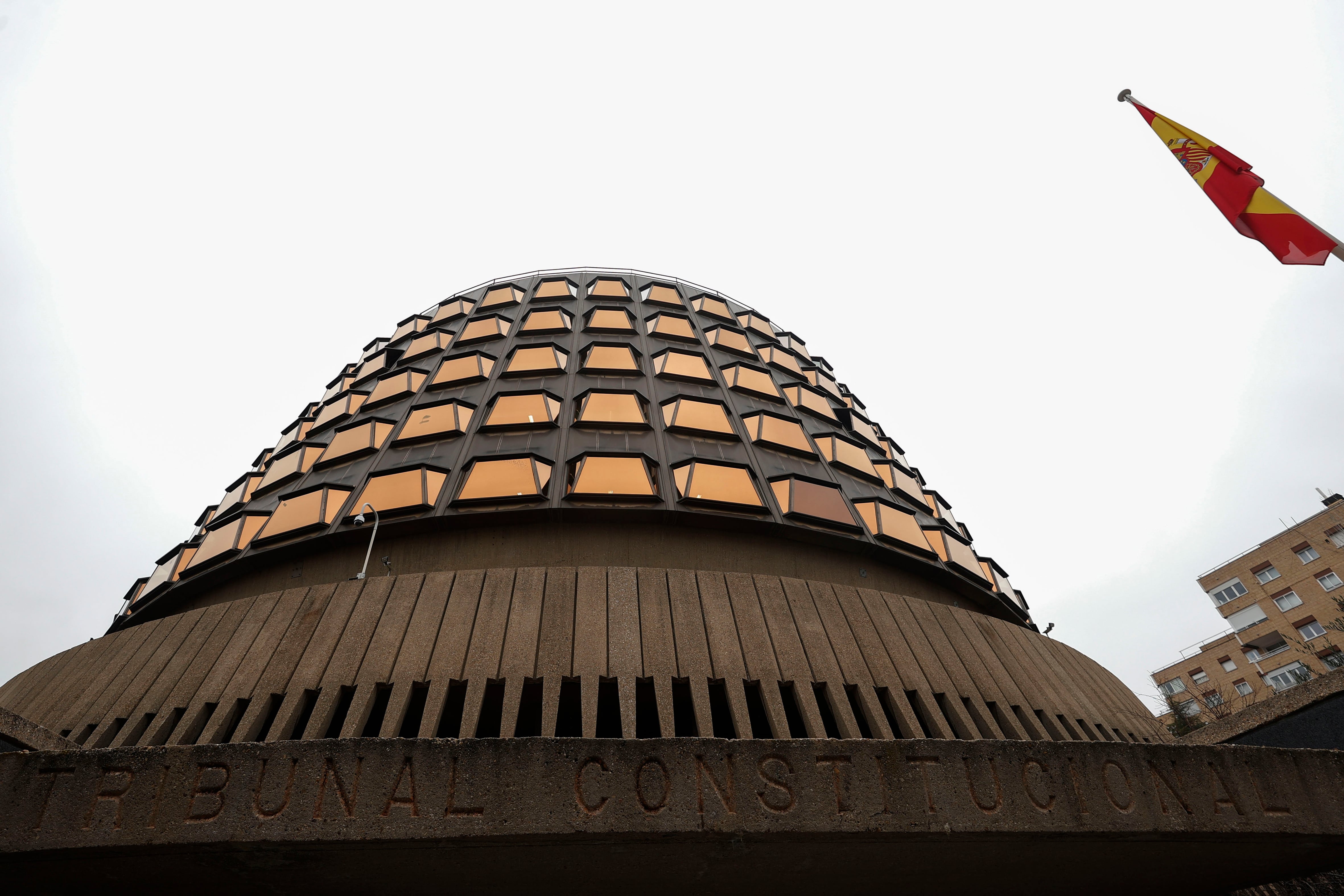The court did not see a violation of intellectual rights in the name of the Sberpay QR service

Fit, which developed the first in Russia, the PayQR contactless payment service, could not recover 2.9 billion rubles from Sberbank. For violation of rights to her service sign. According to the company, the bank illegally uses similar designations – “Pay QR” and Sberpay QR. But the Moscow Arbitration Court rejected the lawsuit, considering that there were no similarities between disputed designations, and the bank used the words Pay and QR as a call for action, but not as a means of individualization. Lawyers note that the latest approaches in practice have established a high standard for proving the possibility of mixing designations, and advise the business to check the “cleanliness of identity”.
The Moscow Arbitration Court published a decision to refuse to recover 2.89 billion rubles from Sberbank. Compensation for the claim of LLC FIT, which developed a contactless payment service. In 2016, Fit registered in Rospatent a PayQR service sign with graphic elements in the form of a handbag and a bug-scarab and at the same time discussed cooperation with Sberbank. But in 2019, a credit institution launched its own Sberpay service. Fit found that the bank illegally used the similar designations “Pay QR” and Sberpay QR on the site, in advertising and on the Palace of Terminal, and filed a lawsuit in court (See “Kommersant” from August 8 2024).
The plaintiff reinforced his requirements with expert conclusions. Thus, the sociological study of the Levada Center (included by the Ministry of Justice on the list of foreign agents) showed that at least 32% of respondents confuse Fit with designations of Sberbank. According to the conclusion of a doctor of philological sciences, Payqr phrases and “pay QR” have an identical meaning and citizens understand them the same. And the patent attorney and specialist artist saw in the designations of the plaintiff and defendant similar design decisions.
Universal common place
But the arbitration court reacted to these evidence skeptical. The first instance indicated that the abbreviation QR is widespread, denoting the bar code, and its use « is not aimed at the individualization of any services. » The phrase “pay QR” is thus used in the “commonly used meaning” as “call to use the bank’s services”, the decision said. In addition, the court took into account the pollation of the VTsIOM, according to which 91% of respondents perceive the disputed designation as “an indication of the possibility of a payment using a QR code”, but not as a “logo, brand, trademark”. At the same time, in the Levada Center survey (included by the Ministry of Justice on the list of foreign agents), the court saw shortcomings: mentioning the name of the respondent bank in a number of questions is “leading in nature”, and there are no opinions of the heads and owners of the organizations, although they are consumers of acquiring services.
Checking the graphic similarity, the court drew attention to the « strong » and « weak » elements of the designations. According to the court, the Sberbank logo, standing next to verbal elements, is dominant, therefore controversial designations are perceived as “an indication of a variety of Sberpay service”, and there is no graphic similarity with fit signs due to “various compositional locations”. Fit arguments on the misleading of consumers rejected the court, indicating that the plaintiff himself in one of the videos on YouTube had a trademark Fit near the payment card of Sberbank. In addition, the plaintiff is not a credit institution and provides other services, the decision says. As a result, the court rejected the lawsuit, not seeing the “graphic, phonetic and semantic similarity” between disputed designations.
The founder and general director Fit Gleb Markov refused to comment. In Sberbank, the court decision is considered legal and justified, emphasizing the conclusion « on the absence of similarity between designations » and that « the abbreviation QR in relation to electronic payments is not a means of individualization. »
Scarab to help
AMOND & Smith Partner and Patent attorney Anton Syrov says that the use of common terms cannot violate someone’s rights. In his opinion, Rospatent registered the signs of the plaintiff, since « the adhesive spelling of two common terms and the addition of graphic elements in the form of a handbag and a sheet-sheet gives them an additional distinctive ability. » At the same time, “when registering such designations, the copyright holder assumes the risk that their use will not always be considered a violation,” explains Kristina Timofeev’s intellectual property practitioner K&P. gramp. Maxim Ali intellectual property practice partner Maxim Ali indicates “the importance of preliminary verification of the identity of identity (a set of elements that make the brand recognizable and unique. « Kommersant »), especially for large business. ”
In the case under consideration, the defendant occupied “strong defensive tactics”, providing the results of the council of the VTsIOM, according to which consumers perceive the phrase “pay QR” not as a way of individualizing the bank’s services, says Maxim Ali. According to the head of the AB “S&K Vertical”, Ivan Babin, the choice of the audience for the survey is also important: “In this case, it is primarily organizations that choose which system to use for wiring payments, and not just retail customers who do not make a choice in favor of the system, but are only notified of its use by the seller.”
According to the Advisor to the Intellectual Property Practice of the Yurfirm, the EBR Olga Yashina, « not only the lack of similarity of the designations themselves, but also the market distance between the parties of the case became a factor in the refusal to satisfy the claims of FIT. » The fact is that “between the plaintiff and the defendant there is no mixture in the market as a whole – their business is conducted in different segments,” Ms. Yashina points out.
At the same time, lawyers do not believe that the bank won the case only because a less large-scale company acted as an opponent. Although “if the organization is little known, it is more difficult for it to prove that the consumer can really confuse her sign with a stranger, especially if the opponent is represented by a recognizable brand,” Olga Yashin admits. But, she continues, “the general trend of recent years is a higher standard for proving the possibility of mixing designations in the market in cases of violation of rights to trademarks” and a decision in the case of Fit against Sberbank is laid in it.








